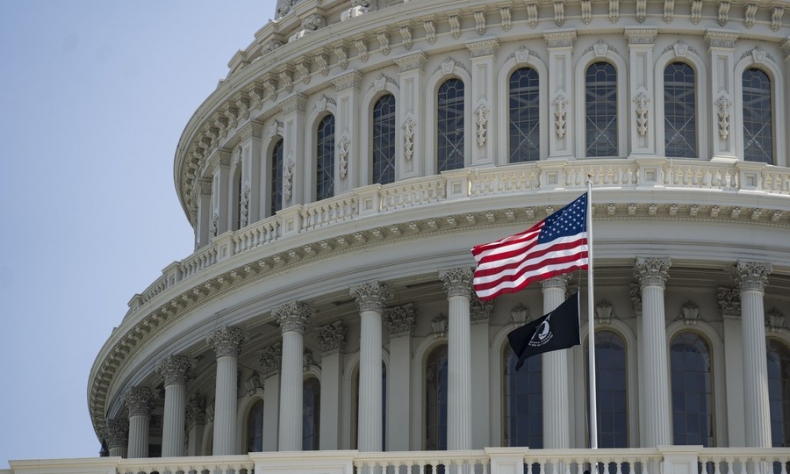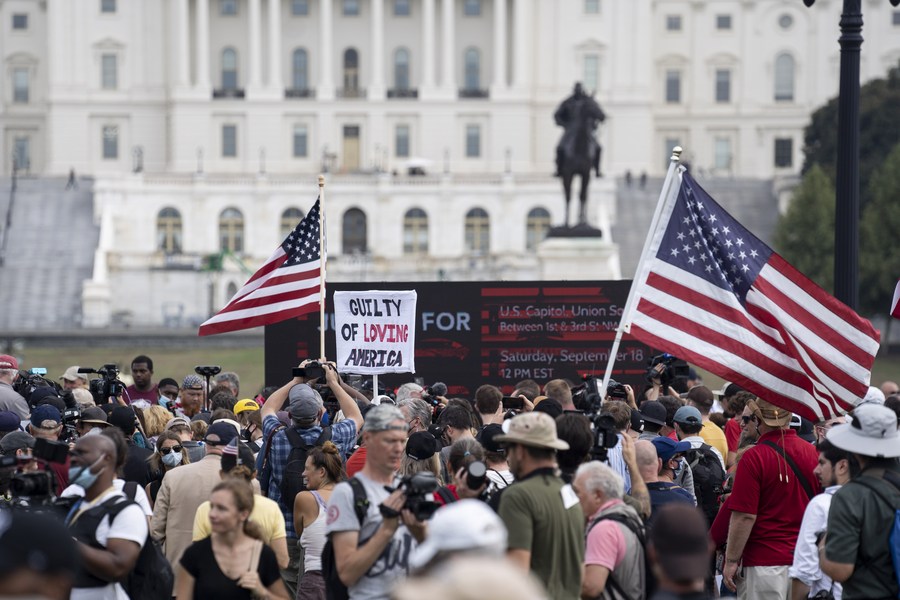What Does American Democracy Mean in 2023?

Democracy is a value shared by all mankind, and it should not be used as a tool to advance geostrategy.
The Biden administration will hold its “summit for democracy 2023,” which aims to showcase American democracy to the world and promote its geopolitical objectives, presenting the U.S. as an “example” of the correct way of governance. The summit represents a part of the Biden administration’s broader goal of reshaping the global political environment into an ideological confrontation of “democracy vs. authoritarianism.”
However, one might question, is American democracy, and by extension, hegemony, what the world really needs? And is it a virtue?
Democracy is, contrary to how it is presented by the West, a subjective concept. While its basic premise is “rule by the people,” stemming from the Greek term “demos” (people) and “cracy” (rule), what the term truly means in practice and how it ought to be implemented has been debated for centuries.
The “story” of American politics teaches that it is a revolutionary nation that espouses a set of morally perfect values in the name of liberal democracy. In doing so, the United States believe that they are a “light on the hill” to the world and that they have an obligation to evangelize its values to the world and subsequently remake it in its own image. This has set the tone for decades of American foreign policy that depicts global affairs as a binary and zero-sum game, framing the U.S. as a heroic nation that stands on the side of the true interests of all people.
But, in reality, does the American political system, to any extent, deliver for ordinary people?

Partisan infighting has become so bitter in recent years that U.S. politics has descended into a game of mudslinging. Republicans and Democrats seek to constantly smear each other’s character, make routine and exaggerated allegations against each other, and engage in drama and fear-mongering about every single topic. This is leading many Americans to have less and less faith in the system, that has only deepened divides. How else can the rise of Donald Trump be explained as well as how his presidency subsequently ended with the capitol riot in 2021? Or, on the other hand, what he now claims is the campaign to arrest him? Or how the fear of leaders being “soft” on foreign policy issues is exacerbating American aggression overseas, increasing geopolitical conflict, and creating a total inability to compromise?
Even going beyond these partisan divides, U.S. democracy also does not deliver substantially. Some say that the U.S. is an oligarchy, or a “bourgeoise democracy,” where its political system is dominated by the interests of the ultra-rich, who steer the media and legislative processes to their own gain, whereas ordinary people struggle to be heard or have their interests represented.
The lopsided influence of mass money driving U.S. democracy makes true dissent impossible, placing marginalized groups into the binary of only having “two choices,” therefore making elections useless as a process for delivering “real change” or acting as anything meaningful. Much has been made surrounding the influence of the U.S. Military-Industrial Complex as an example of how private interests and the pursuit of profit distort U.S. domestic and foreign policies.
There are many other examples like it, such as gun and pharmaceutical lobbies.
Democracy is a value shared by all mankind, and it should not be used as a tool to advance geostrategy. When all is considered, is this exceptionalist democracy a virtue that the U.S. wants to export to the world?
 Facebook
Facebook
 Twitter
Twitter
 Linkedin
Linkedin
 Google +
Google +







